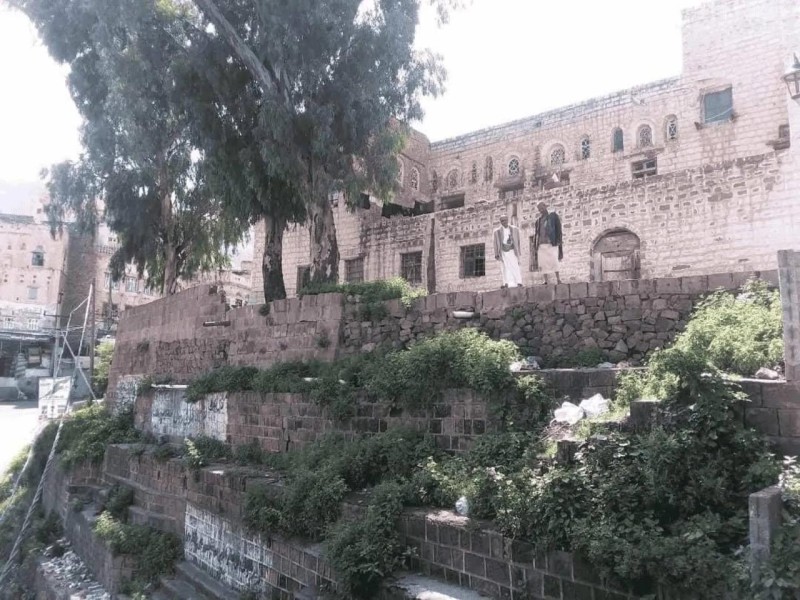New Zealander of the Year 2014: Close encounter in Yemen ordeal


Business industry heavyweight Mary Quin this year came face-to-face with the radical Islamic cleric she believed was behind her kidnapping during a harrowing holiday ordeal.
In 1998, Dr Quin - who returned to New Zealand last May to become the inaugural chief executive of the government research and development body Callaghan Innovation - was in Yemen when her small tour group was taken hostage by armed and masked militants.
Hours later, a firefight broke out between the terrorists and Yemeni government troops in which four of the 16 hostages were killed.
Dr Quin was able to escape, and later documented the ordeal in her book, Kidnapped in Yemen.
Her research led her to the man she believed was behind the attack: Egyptian-born cleric Mustafa Kamel Mustafa, also known as Abu Hamza al-Masri. The hook-handed, one-eyed imam was jailed in Britain for inciting murder and racial hatred before being extradited to the US in 2012 to stand trial on 11 terrorism charges.
Dr Quin, a dual NZ-US citizen, gave evidence at his trial in a Manhattan federal court.
Seen as the star witness, she spoke about the terrifying 24-hour kidnapping and testified to meeting Abu Hamza in October 2000 while researching her memoir.
Abu Hamza laughed after asking why none of the hostages had a cellphone, she told the court.
"The defendant was laughing and said, 'You should have a compass as well.'"
The kidnappers lined up hostages on a berm and opened fire between their legs, she said.
"I could feel a bullet go so close to my face I felt the air move."
At one point she grabbed a gun off a kidnapper nicknamed "Purple Skirt" because of his traditional attire, in her bid to run for safety.
He was shot and trying to hold on to his AK-47, as the two screamed at each other, Dr Quin said.
"I put my foot down on his head and that gave me enough leverage to rip the gun out of his hand."
Abu Hamza was convicted of the charges in May.
When Dr Quin took up her job at Callaghan Innovation, she brought more than 20 years' experience working in senior executive roles in American-listed companies such as Eastman Kodak and Xerox.
She graduated from the University of Canterbury with a bachelor of science (honours) with first-class honours in Physics, before completing a PhD in materials science and engineering at Northwestern University in Illinois.
After working in research and development for engineering company Raychem for several years, she attended Harvard Business School, where she graduated as a Baker Scholar.
New Zealander

Abyan – Local sources in Yemen reported that one person was killed and four others injured on Saturday following a collision between a milita…

Ibb – Local sources in Yemen’s Ibb governorate reported that Houthi militias have leased the building of the provincial museum to a con…

Oslo — Yemen is expected to remain one of the world’s most violent conflict zones over the coming year, according to a new report issue…